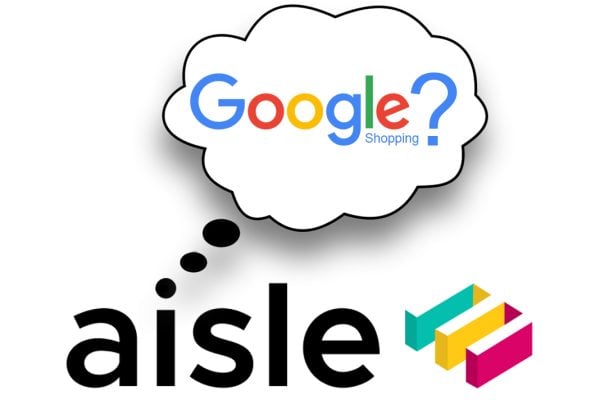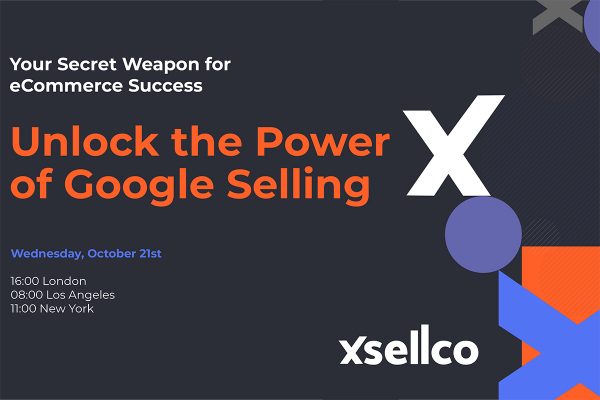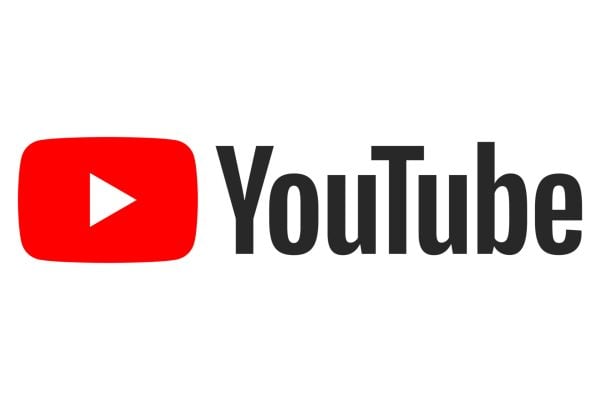Following on from the news that Google are to retire Product Search in favour of Google Shopping paid Product Listing Ads in the US, it’s time to have a look at how this will affect retailers, marketplaces and of course Google.
What Product Listing Ads mean for Google
The first thing to realise is that the way Product Listing Ads are surfaced in search results is different to Google Adwords. Google Adwords appear at the top and side of search results, except that the side Adwords are totally missing on mobile devices. This means that Google miss out on a chunk of revenue and retailers miss out on a chunk of leads.
10% of eBay’s UK traffic is now via mobile devices so that’s a reasonable baseline figure to use across the Internet, and it’s growing fast. Product Listing Ads sit much better in the middle of search results and don’t rely heavily on the side bar as do Adwords. Google needs the revenue and will need to replace more and more Adwords revenue as mobile usage grows.
It’s likely that some Adwords revenue will be cannibalised as retailers look at budgets for Product Listing Ads. Google won’t care about shifting budgets though – it doesn’t matter where you spend your money, what matters is how many of you will spend more money with Google instead of getting traffic for free.
What’s the impact for retailers?
I spoke to Eric Best of Mercent today. Mercent help large brand name retailers reach and convert consumers shopping online on platforms such as marketplaces, paid search, shopping comparison channels and affiliate networks.
Eric told me that over the last year they’ve been strongly encouraging their clients to experiment with Google Product Listing Ads and seen them rapidly growing to becoming a significant part of their retailers’ business.
The big change for retailers is that it will force them to focus on products that perform. However Eric made the point that often consumers will click on an advert for one particular product, but may then go on to buy a different product from your website. The products may have different selling prices and different margins which makes the return on investment tricky to manage.
To complicate things further although Product Listing Ads have an element of keyword bidding, Google are nuts about delivering the most relevant search results. It doesn’t matter how much you bid, if your ad doesn’t perform then it’s not going to be surfaced. This could in work in the smaller retailers with niche inventory’s favour as not only will their products be rare but will have correspondingly low bid prices.
Some retailers have already got to grips with Product Listing Ads, but they should now be closely monitoring bid prices, click throughs and conversion rates. As retailers lose Google Product Search more will switch on Product Listing Ads and competition is likely to rise.
Implications for marketplaces
Marketplaces have had a troubled relationship with Google Product Search. Before Froogle appeared they were doing pretty well. Then eBay built the ability for individual sellers to upload their own feeds to Froogle. Years later Google Product Search banned individual feeds from sellers and insisted that only the marketplaces could upload feeds (why would Google want all those duplicated products from sellers?). Marketplaces could take the decision to lose the chunk of traffic and sales or could embrace Product Listing Ads.
Smaller marketplaces will face starker choices. eBay and Amazon could survive without Google Product Search. Smaller marketplace appear almost entirely dependent on generating free traffic and don’t have the revenues to pay to drive traffic. Don’t be surprised if these sites either have to raise fees or possibly go out of business – they won’t go bust if they’re creative and have a sound business model, but if their model is totally reliant on free traffic from Google that’s about to end.
Where even the largest marketplaces will fall down is that it’s not all about the money. If they wanted they could jump onto Google Shopping and outbid every other merchant – marketplaces might not be making much money according to their shareholders, but they generate telephone number profits. Money won’t help here though as Google are building in relevancy, although to be fair that was also the case on Google Product Search.
Amazon are in better shape than eBay as they have structured data – essentially a catalogue from which they can choose what to bid on. eBay’s data is in the main largely unstructured and whereas before they could simply upload everything to Google Product Search, now they’ll have to pick and choose. There will be a lot less garbage on Google now that everyone has to pay for exposure.
Marketplaces will have one other small disadvantage over retailers – They won’t get the Google Trusted Stores badge and Google won’t back them with the $1,000 lifetime purchase protection guarantee available for purchases from eligible retailers.
Options for Retailers and Marketplaces
1) Do nothing: This option means you simply lose the traffic that’s been generated by Google Product Search. That’s going to be a big deal as this was essentially free traffic. Amazon and eBay especially are going to have to decide if they can afford to lose the chunk of business that’s come from Google Product Search and if not how to best replace it, retailers have the same choice. Realistically it’s unlikely that the loss can be made up from alternative comparison shopping engines, especially if you already use them.
2) Increase Adwords spend: This is the safe option, it’s measurable and marketplaces already spend a ton of money here. They know what the return on investment is likely to be but there’s a cost and they’ll have to throw a additional chunk of money to make a difference. However for all the reasons that Google will lose revenues, marketplaces and retailers will also see diminishing clicks as consumers use mobile devices more frequently.
3) Spend on Google Product Listing Ads: Retailers and marketplaces will have to experiment, monitor and iterate their strategies to make Product Listing Ads work for them. Shifting some of the Adwords spend to Product Listing Ads may make sense and there’s definitely potential to balance revenues and costs between the two programs.
Final thought
At the end of the day, if the financials stack, up no one minds spending money to make money. It just sucks that we’re losing the ability with Google Product Search to make money without spending any.









9 Responses
Option 4) Would be to find alternatate ways of generating trafic/developing a customer base.
Does any of this affect standard google search for products and websites?
I’m guessing then that from a website perspective:-
1) if I don’t use the tools to place products in the database that offers up a result in “google product search”
2) if I don’t use adwords
3) if I rely on standard basic google search spiders
then I am not affected.
From an ebay perspective what does concern me is that this gives ebay an excuse to hike fees.
If ebay’s own search was good enough they would not need google but the issue is ebay’s search by their own design is manipulated, and google’s is not, so google picks up things on ebay that ebay’s own search does not, and google disgards ebay stuff that is not relevent which is the exact opposite of what ebay search does!
For all but niche markets this MIGHT bring some of the departing small business sellers back into the eBay fold. Those sellers, often with minimal advertising budgets, relied on feeds into Google for what amounted to free advertising placement among the search results. That free placement is now going to cost and is perhaps going to be dominated by the larger sellers.
I imagine that we’ll see a raft of new services comparing the Google cost per click and conversion rates versus the eBay listing+final fee model.
whats the worry just give facebook et-al
more time lol